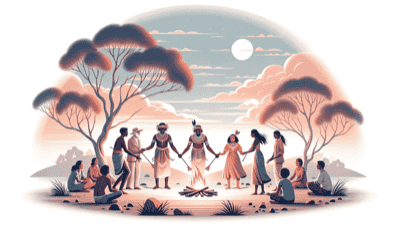We're here to help you keep count of the days to or since a date. Just click the button below and enter your chosen date to get started. Also choose the suggested days or search for a special day above #countingthedays

Reconciliation Day in Australia is a public holiday observed in the Australian Capital Territory (ACT), which serves to celebrate and foster reconciliation between Indigenous Australians and non-Indigenous Australians. It is an opportunity for all Australians to learn about shared histories, cultures, and achievements, and to explore how each person can contribute to achieving reconciliation in Australia.
Reconciliation Day was first observed in the ACT on May 28, 2018. The date is significant because it marks the beginning of National Reconciliation Week (NRW), which runs from May 27 to June 3 annually across Australia. These dates commemorate two significant milestones in the reconciliation journey:
On Reconciliation Day, various activities are organized that promote cultural understanding and respect for Aboriginal and Torres Strait Islander peoples. Events typically include:
On this day, people may:
Reconciliation Day provides an opportunity for reflection on Australia's colonial history, its impact on Aboriginal and Torres Strait Islander communities, and encourages ongoing dialogue aimed at fostering unity and healing.